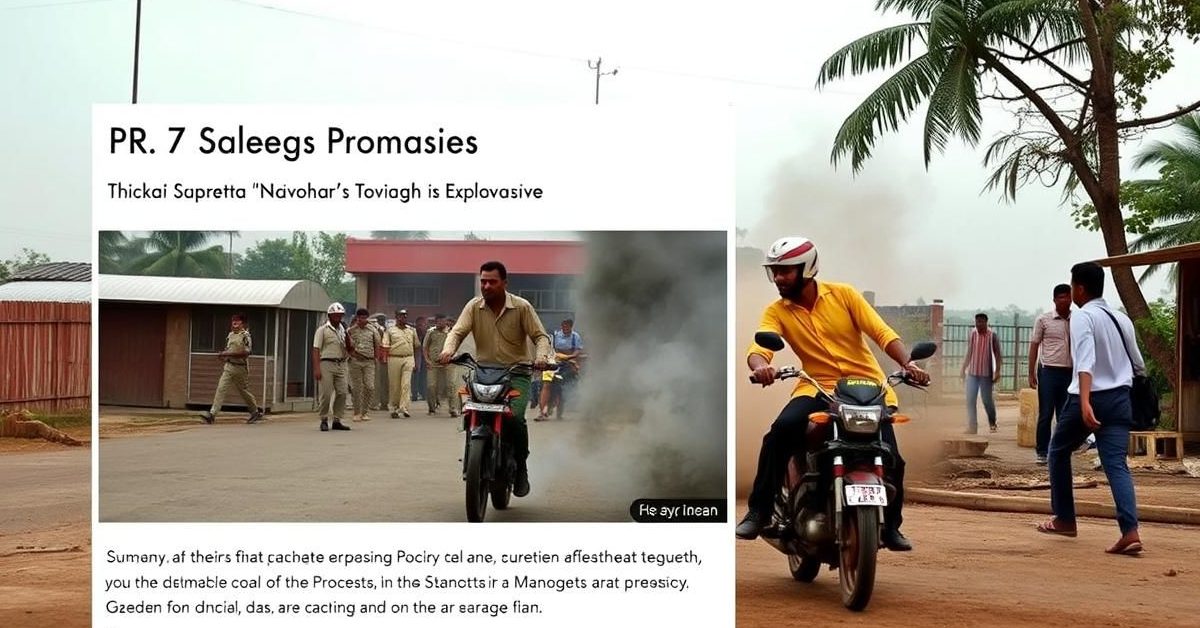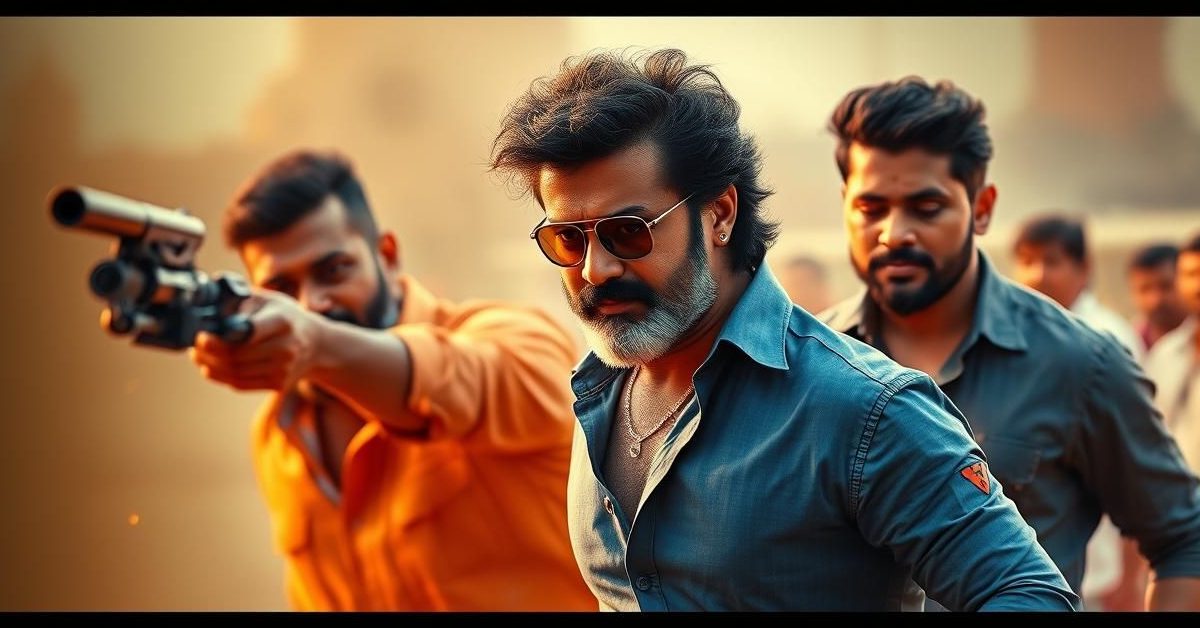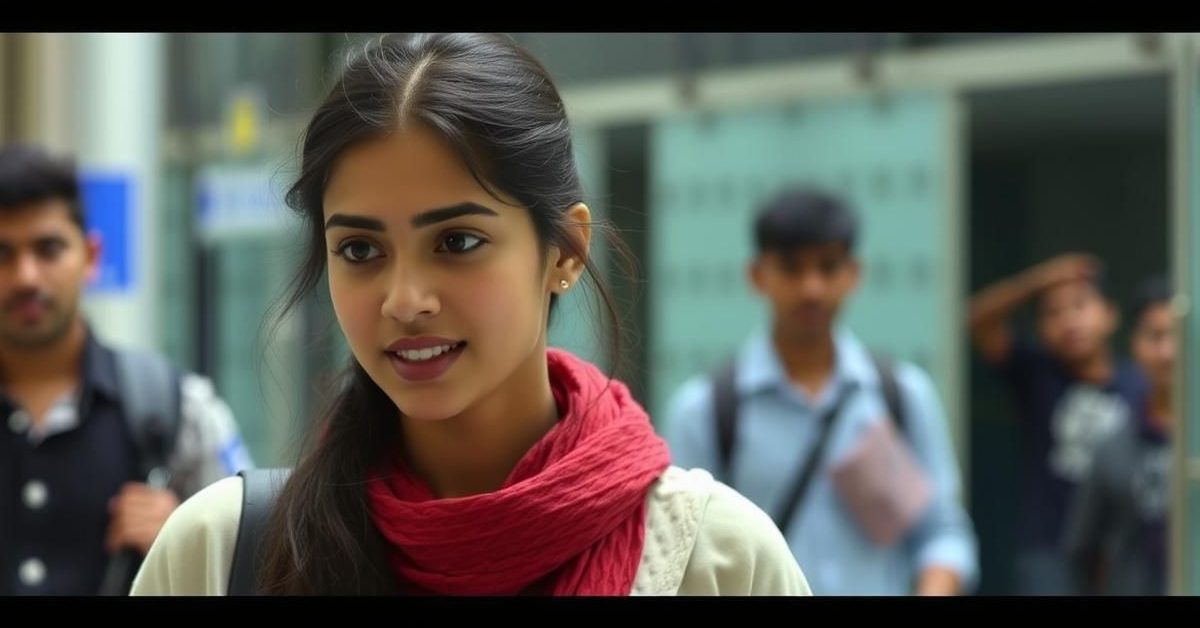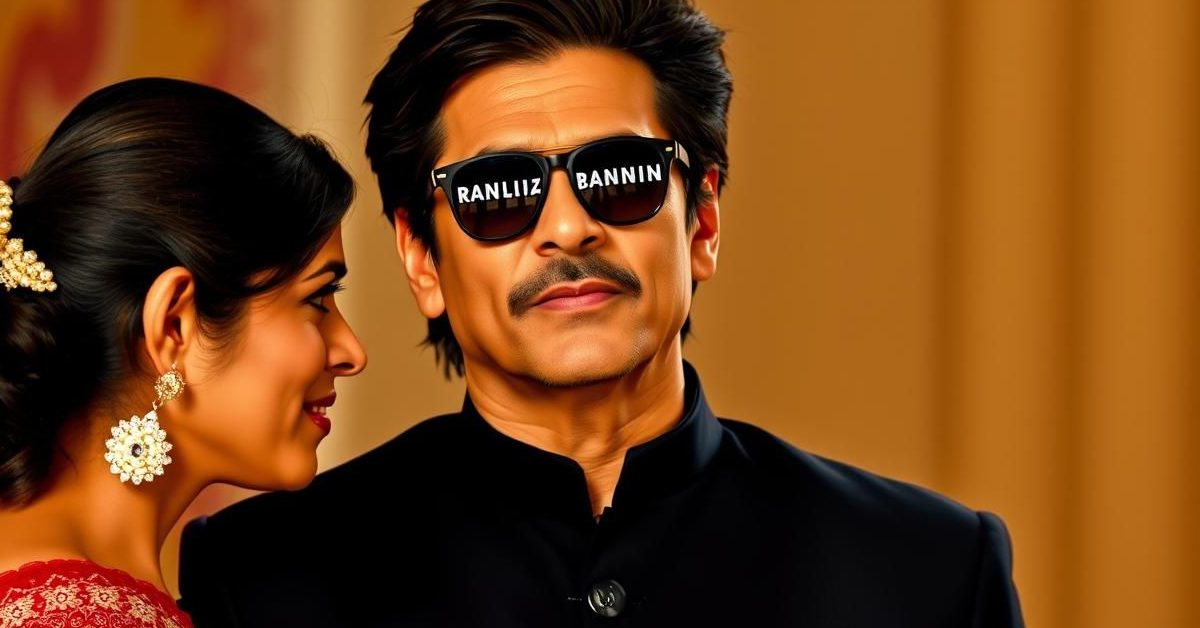Anuraj Manohar’s “Narivetta,” starring Tovino Thomas, is a powerful Malayalam film that critiques police brutality and systemic corruption, a surprising release given the strict censorship faced by similar Indian movies.
Navigating India’s Film Censorship
India’s Central Board of Film Certification (CBFC) often faces criticism for its inconsistent decisions. Recent examples include shortening a kiss in “Superman” while approving films like “Marco,” which depicted severe violence and child deaths.
Conversely, movies like Honey Trehan’s “Panjab 95” and Sandhya Suri’s “Santosh” have had their releases stalled. “Santosh,” in particular, was reportedly “shadow-banned” for its portrayal of a prejudiced police officer.
Amidst this arbitrary landscape, “Narivetta” managed to slip through, offering a bold take on themes often deemed sensitive by the authorities.
Narivetta: A Daring Narrative
“Narivetta” explores the oppression of minorities and widespread corruption within institutions meant to protect citizens. More importantly, it directly challenges the glorification of police actions, a stark contrast to many mainstream films in the genre.
The film follows Varghese Peter, played by Tovino Thomas, a reluctant police officer who never intended to join the force. His journey mirrors that of characters in other critically acclaimed but censored films, highlighting the human cost of systemic issues.
The Story of Varghese Peter
Varghese initially struggles with his role, receiving advice from superiors to “Don’t be an action hero.” He finds a mentor in Basheer, a Muslim officer played by Suraj Venjaramoodu, who encourages sincerity and kindness.
However, their paths diverge when deployed to a jungle protest against government encroachment on tribal land. Tensions escalate, and Basheer is tragically found dead, manipulated into becoming a pretext for a violent police crackdown against the tribal community.
Witnessing the massacre and the cover-up, Varghese is riddled with guilt. He realizes Basheer was sacrificed to justify a horrific crime. This transforms him from an aimless individual into a determined whistleblower, set on exposing the truth.
Critiquing the System
“Narivetta” goes beyond individual stories to question the very fabric of authoritarian regimes. It portrays police forces as instruments of power, willing to commit atrocities, even against their own, to achieve political ends.
Varghese’s transformation into a conscientious objector highlights the moral dilemma faced by those within a corrupt system. His struggle to expose the truth underscores the immense pressure and danger involved in challenging official narratives.
The Industry’s Complicity
The film subtly extends its critique to the Indian film industry itself. By promoting commercial, unchallenging content and allowing the suppression of critical films like “Santosh,” the industry inadvertently enables the erosion of free speech and artistic expression.
Ultimately, “Narivetta” suggests that by failing to challenge authority, the film industry risks undermining its own future and its role as a mirror to society.
- “Narivetta” boldly critiques police brutality and systemic corruption in India.
- The film’s release highlights the inconsistent and often arbitrary nature of the CBFC’s censorship process.
- It draws parallels with other films like “Santosh” that have faced significant challenges due to their sensitive themes.
- “Narivetta” also serves as a broader commentary on the film industry’s role in either challenging or upholding power structures.
This film stands as a testament to the power of cinema to provoke thought and highlight uncomfortable truths, urging audiences to consider the narratives they consume and the systems they live under.















